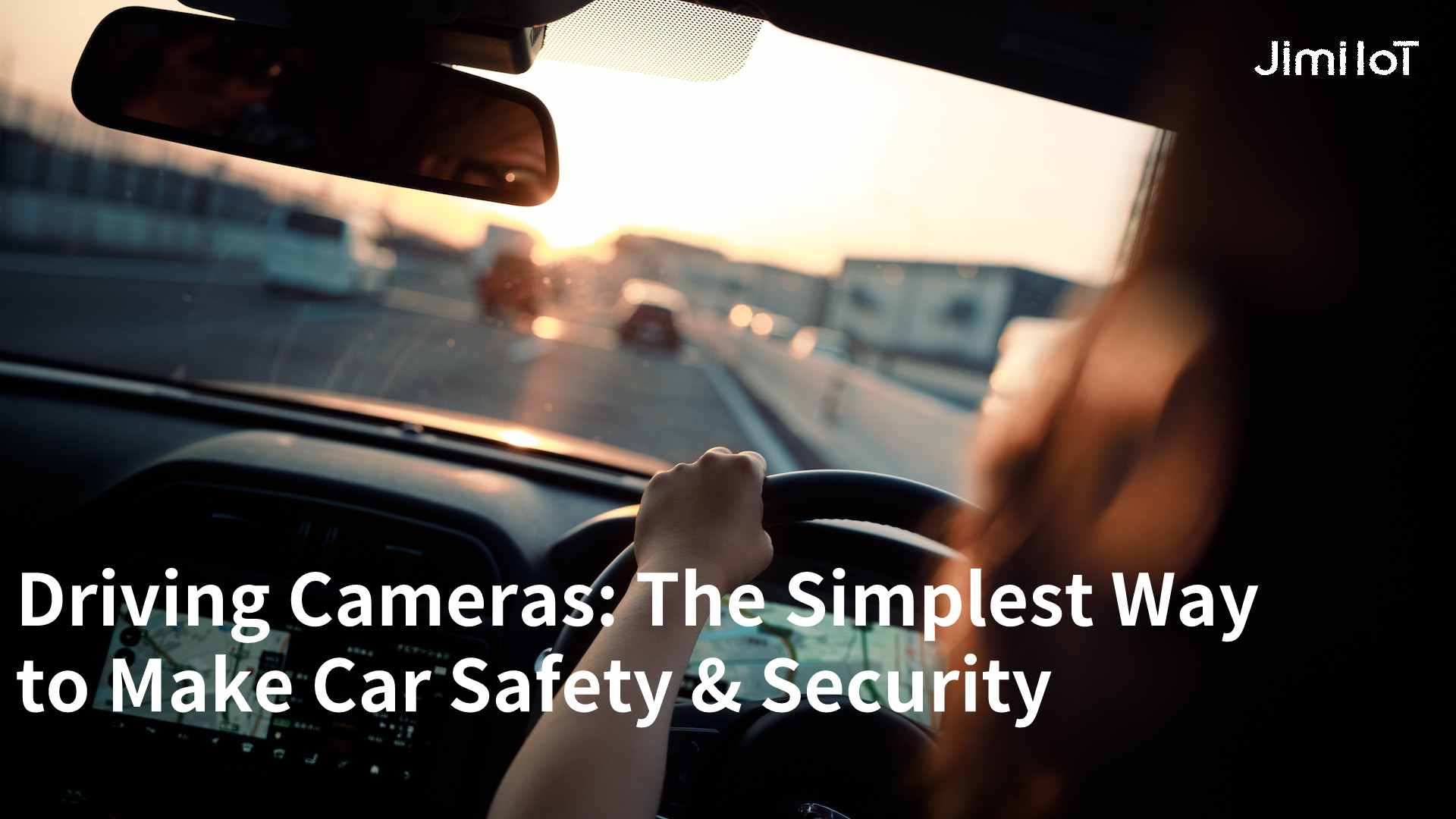Driving cameras have become increasingly popular in recent years as a way to improve car safety and security. These cameras, also known as dash cameras or dash cams, are small cameras that are mounted on the dashboard or windshield of a car and record video while the car is in motion. In this article, we’ll discuss the benefits of driving cameras and how they can help make your car safer and more secure.

Driving Cameras Industry Statistics
The driving camera industry is growing rapidly, with more and more drivers recognizing the benefits of these devices. According to a report by Grand View Research, the global driving camera market is expected to reach $10.1 billion by 2025, growing at a CAGR of 15.6% from 2019 to 2025.
In addition, a survey conducted by the AAA Foundation for Traffic Safety found that 75% of American drivers believe that driving cameras are a good idea. The survey also found that 55% of drivers who own driving cameras believe that the devices have helped improve their driving behavior.
The Benefits of Driving Camera
1. Evidence in case of accidents
One of the most significant benefits of driving cameras is that they can provide valuable evidence in case of accidents. According to the National Highway Traffic Safety Administration (NHTSA), there were over 6 million car accidents in the United States in 2019. Having a driving camera can help ensure that you have evidence of what happened in case of an accident, which can be valuable in insurance claims or legal proceedings.
2. Deterrent to theft and vandalism
Driving cameras can also act as a deterrent to theft and vandalism. According to a report by the National Insurance Crime Bureau (NICB), there were over 700,000 vehicle thefts in the United States in 2019. Having a driving camera can help deter thieves and vandals from targeting your car, as they know that their actions are being recorded.
3. Monitor driving behavior
Driving cameras can also be used to monitor driving behavior, which can be helpful for parents of young drivers or fleet managers. According to the Centers for Disease Control and Prevention (CDC), motor vehicle crashes are the leading cause of death for teenagers in the United States. By using driving cameras to monitor driving behavior, parents and fleet managers can identify dangerous driving habits and take steps to address them.
4. Lower insurance premiums
Some insurance companies offer discounts for drivers who have driving cameras installed in their cars. According to a report by the Insurance Information Institute (III), some insurance companies offer discounts of up to 15% for drivers who have driving cameras installed. This can help lower insurance premiums and save drivers money in the long run.
Choosing a Driving Camera
When choosing a driving camera, there are several factors to consider. Here are some of the most important factors to keep in mind:
- Video quality: Look for a driving camera that records high-quality video, with a resolution of at least 1080p.
- Field of view: Consider the field of view of the driving camera, which will determine how much of the road is captured in the video.
- Storage capacity: Look for a driving camera with sufficient storage capacity to store the video footage. Some driving cameras use SD cards for storage, while others use cloud storage.
- Night vision: If you frequently drive at night, consider a driving camera with night vision capabilities.
- GPS tracking: Some driving cameras also offer GPS tracking, which can be helpful for providing location data in case of accidents or theft.
Conclusion
In conclusion, driving cameras are a simple and effective way to improve car safety and security. They can provide valuable evidence in case of accidents, act as a deterrent to theft and vandalism, monitor driving behavior, and even lower insurance premiums. As the driving camera industry continues to grow, more and more drivers are recognizing the benefits of these devices. When choosing a driving camera, be sure to consider the video quality, field of view, storage capacity, night vision capabilities, and GPS tracking options.
 EN
EN ES
ES PT
PT TH
TH VN
VN JP
JP


